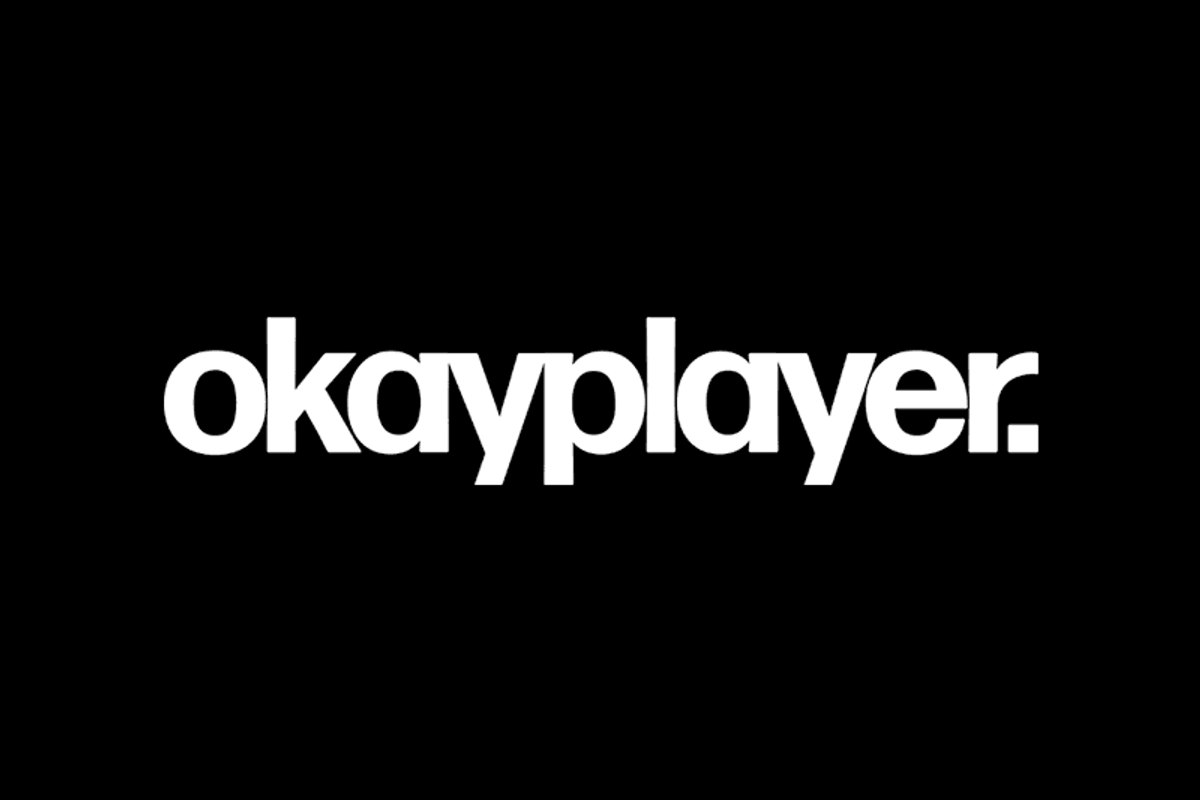
Keak Da Sneak
Source: Youtube screenshot
To continue reading
Create a free account or sign in to unlock more free articles.
By continuing, you agree to the Terms of Service and acknowledge our Privacy Policy
Register
The content is free, but you must be subscribed to Okayplayer to continue reading.
THANK YOU FOR SUBSCRIBING
Join our newsletter family to stay tapped into the latest in Hip Hop culture!
Login
To continue reading login to your account.
Forgot your password?
Please enter the email address you use for your account so we can send you a link to reset your password:

Keak Da Sneak has been sentenced to prison.
On Monday (January 28), the artist was sentenced to 16 months in state prison for one count of possession of a firearm as a felon.
In 2017, the Bay area legend survived two shootings in an attempted robbery. Following the shooting, the artist now lives with severe disabilities that require him to uses a wheelchair full time, a colostomy bag, a catheter, and nurse care.
In a new interview with KQED, Sneak said the shootings prompted him to acquire a gun for protection because he could no longer afford security. (California law prohibits convicted felons from owning firearms). When speaking on his March 2017 firearm charges he said, "It was really racial profiling at an all-time high."
The pioneer also opened up about his concerns that being behind bars with disabilities could jeopardize his ability to walk again.
"My health is not good. I know they’re not gonna give me the treatment I need in prison," he said. "I’ve been to jail before, and once you get behind these walls, they have no compassion. You have to be on your dying bed for them to give you some assistance."
READ: 10-Year-Old Boy Dies By Suicide After Being Bullied Over Colostomy Bag
The article outlined some possible factors that may affect his time in prison.
READ: JAY-Z and Meek Mill Just Launched a Criminal Justice Reform Organization
With a career spanning more than two decades, the 41-year-old Oakland artist, born Charles Kente Williams, is best known as the godfather of the Bay Area's hyphy regional sound. In 2006, he released the hit song, "Tell Me When to Go" with E-40 and Lil Jon.
In the interview, he says he's focused on making new music following the sentencing.
"It got me doing a lot of recording right now, so while I'm gone I can be dropping music to take care of my family."
Read the full interview at KQED